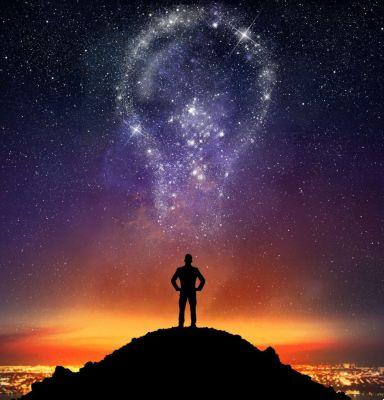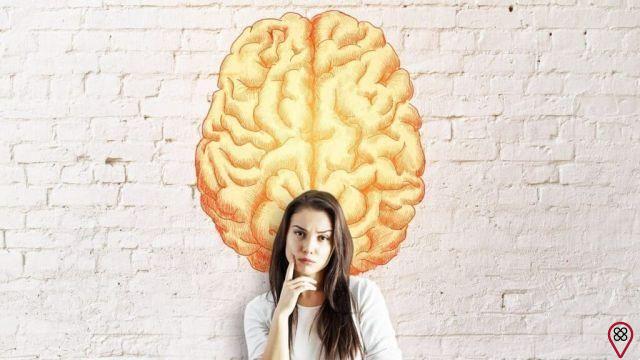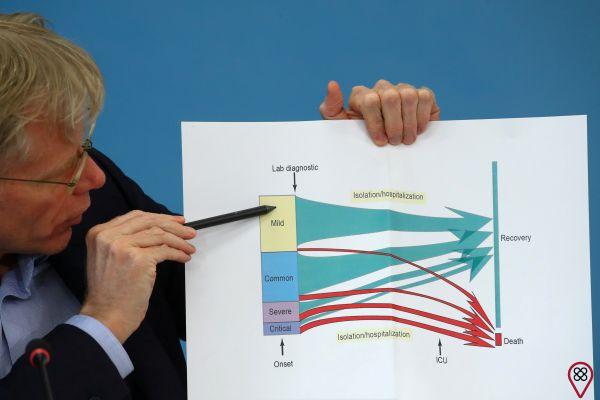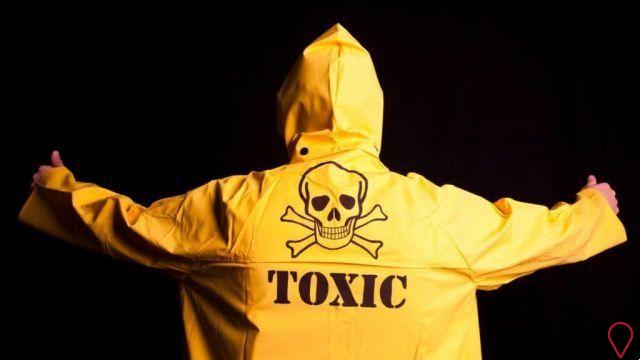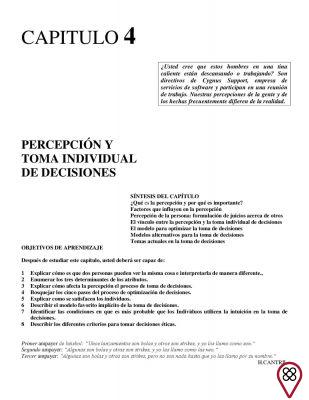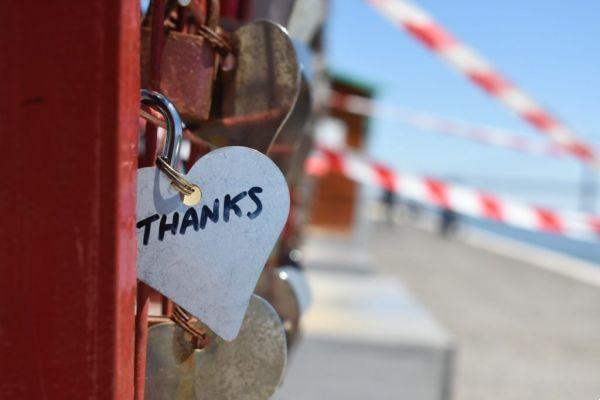Currently, in just one day, about 3,2 billion images and 720 hours of video circulate on the internet, according to data from the social network monitoring tool Brandwatch. Looking at these numbers, we can draw two simple and true conclusions: 1. It's impossible to keep up with everything that's published; 2. It is obvious that a lot of bad and harmful stuff will be published.
But what are the main risks we run when we access social networks, environments in which we spend more time when we use our smartphones and computers? What dangers do we run and how can we minimize them to take care of our safety and mental health? Check out the article we prepared about it and rethink your relationship with social media!
1. Self-esteem issues

Currently, much has been said (on social networks, including) about how these virtual environments have become fertile ground for the emergence (or triggers) of problems such as anxiety and depression.
This is largely due to two main causes. The first is that the popularity and success of your profile on a social network is measured by metrics such as the number of followers, likes, friends, shares, etc. and try to grow more… But why grow? For what?
The other reason is that, on social media, we are bombarded by photos of people with perfect bodies, traveling the world, splurging on expensive restaurants, with luxurious cars, with perfect romantic relationships… Then we ask ourselves: am I really that unhappy? And the answer is no. People show a perfect version of their lives on social media, so spending too much time on them can be very harmful…
2. Dependency
How many times a day do you open Instagram, Facebook, Twitter, TikTok or another social network of your choice, justifying to yourself that it's "just to have a look"? This may seem simple and a choice you make of your own volition, but it can demonstrate a certain dependence.
The latest cell phone models have options that show how much time we have spent with the screen on, but social networking apps also show this information. Take a look at your data and think: are you using too much?
If you do not work using social networks and spend more than three hours of your day present on it, according to a study by the World Health Organization (WHO) published in 2019, chances are that you are dependent on networks and that your routine rotates. around being present in them. Make conscious use!
3. Available all the time
In the old days, before the popularization of the internet, if someone called your house or rang your doorbell and you weren't very willing to answer, just ignore it until the person gave up and left. But what about today, when we are online all the time, how can we set aside time for ourselves, away from the networks?
The pressure for quick responses and endless online dialogue can be very harmful in the long run, causing you to spend more time socializing virtually than in “real life”.
In addition, as you saw in the introduction to this article, an immense amount of content is published daily on the internet: videos, photos, podcasts, series, movies and a multitude of posts. Trying to deal with this is impossible and can create in us what psychologists have called Fomo, an acronym for fear of missing out, which is the anxiety we feel when we see everyone talking about a subject or participating in something, but we couldn't keep up.

4. Too much exposure
Instagram Stories showing breakfast, lunch and dinner. On Facebook, a textão about the political news of the week. On Twitter, that outburst that was stuck in my throat. On TikTok, a funny little video to make friends laugh and, who knows, go viral and have your place in the sun… That's a lot of hours a day, right?
But another important question, which should also be at the center of the discourse, is: how much of your life are you exposing and who are the people who are following this exposition? Unless you only have 10 or 20 friends or followers on your social networks, which is highly unlikely, it is possible that most of the people who are following your posts are somewhat unknown.
Therefore, in addition to taking risks, because you don't know exactly who is watching every detail of your day to day, think if you really want people so far away and, who knows, random people to know that much about you, about your day and about your activities.
5. Bubble effect
Social networks help us create connections with people, that's a fact, but the trend is that we end up increasingly connected only to people who think and behave like us, which distances us from the plurality and diversity of life.
According to a study by the Internet Institute at the University of Oxford published in 2018, the fact that we are in contact much more often only with people who think like us and behave like us creates a distorted worldview.
Therefore, although it is quite pleasant to live, even if digitally, only with people who have concepts, behaviors and ideologies similar to ours, this contributes to us losing the notion of reality and that there are many other ways of being, thinking and acting. around!
6. Fake news
One of the evils of the 2010s and 2020s is certainly the almost unbridled proliferation of the infamous fake news (or fake news, in good Portuguese). With easy access to creating an anonymous or fake profile on social networks and the democratization of publishing methods, currently anyone can publish any information, making it appear as true and deceiving tens, hundreds, thousands or even millions of people. people.
This wave of fake news can have all kinds of consequences: influencing elections, as happened in the 2016 elections in the United States and 2018 in España; propagate false treatments for diseases and misconceptions against medical care; even culminate in the death of someone, as in the case of the lynching in Guarujá (SP), when a woman was lynched in 2014, after fake news circulated on social media claiming that she kidnapped children for black magic rituals.

7. Easy targets
The truth is that, on the internet, we are easy targets. We share a lot of our lives: the street we live on, our parents, our love partners, our friends, the place where we go to school, the music we listen to, the movies we love... do harm, because we ourselves create a truckload of information about our lives.
Thinking about what you're sharing and — more importantly, perhaps — who you're sharing it with is essential.
You may also like
- Reflect on the Perfect Life Syndrome
- 5 Things That Might Be Depressing You on Social Media
- An account of those who walked away from social networks
If adults are already at risk, imagine children and teenagers, who are still taking their first steps in life, have little or no discernment and can easily be seduced by these malicious people! If you know children and teenagers who freely use the internet, be vigilant and attentive to the content they consume.
Now that you know the details of some of the evils of social media, how about rethinking the way you behave on them? You don't have to abandon the use of social networks, just use them more consciously and taking good care of yourself. Your safety and health must come first — always!










